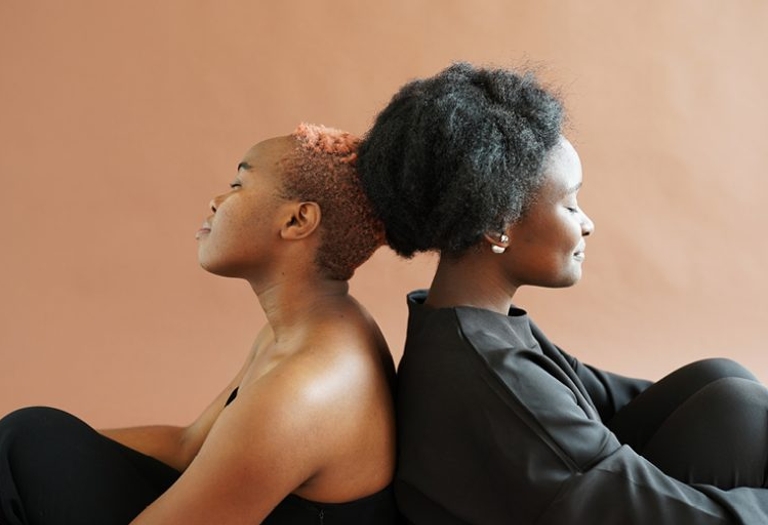Advising people to adopt a contraceptive method that works for them in a place like Nigeria, without acknowledging the common stigmas that trail contraceptive users would be an unbalanced standpoint.
In a society like ours where sexual and reproductive health topics are still condemned to the “never to be spoken about” zone, contraceptive users still live perpetually in the fear of being “caught” and mislabeled.
Therefore, most people would rather not adopt a method of contraception at all. Read below people’s experiences of stigmas which are quite common and easily relatable to an average Nigerian.
Right to privacy not guaranteed
There is a pharmacy just a few blocks away from the flat where my parents and I live. I prefer to get my condom supplies from there as it is close and convenient. The pharmacist who also happens to be a neighbor was bonding over bottles of beer with my dad that fateful Friday night and happened to hint that I had been buying condoms from him. My dad came back home furious and he expressed firmly how disappointed he was in me. I felt like my right to privacy had been violated and vowed to always travel further away to buy my condoms henceforth.
Chukwu, 21-year-old.
Judged as promiscuous
When my mum stumbled on a sachet of oral contraceptive pills in my pile of drugs, she did exactly what a typical Yoruba mum would do. Sje locked us both in my room and began to scold me. The scolding eventually escalated into punches, bites and kicks with both of us crying. My tears from the intense beating I was receiving and my mum’s from regrets and questions of where, when and how she got it wrong and ended up raising a promiscuous young woman. And oh, I am not promiscuous; I just do not want to be a mother until I am genuinely ready.
Shade, 23-year-old.
Considered infertile forever
When I was in secondary school, my Biology teacher always scared us with infertility. During classes, he would tell us that if a woman who has never had children goes ahead to adopt a family planning method, God could decide to do His “natural family planning” for her and she might never be able to conceive.
I am aware that many young people still subtly believe in this and so would never disclose that they are on a contraceptive method for the fear of being written-off as “barren forever”, possibly even losing potential suitors due to the perceived inability to conceive.
Osaz, 19-year-old.
Any weight gain is blamed on contraception
We all know how Nigerians have the habit of continuously scrutinizing women from time to time for any change in body weight, breast size, etc. right? Since there have been reports of weight gain in some women who choose hormonal contraceptive methods, a friend of mine who is aware that I use injectable contraceptive is always quick to attribute any changes in my body to the fact that I use the method even if the changes are completely physiological, with no connection whatsoever with the injectable.
Fatimah, 32-year-old.
Tagged a “sinner”
The major religions in Nigeria frown at pre-marital sex and so strongly admonish their believers against it. Some sects also kick against the idea of family planning even within the confines of marriage. Hence, people seeking contraceptive methods are perceived to be sinners. Most of my friends are religious people. They see me as a sinner because I am vocal about the IUD I got two years ago. Personally, I really do not mind being tagged a sinner. But I acknowledge the fact that not everyone is bold enough to stomach such stigmatization.
Wunmi, 29-year-old.
How to deal with stigma
Frankly speaking, it might take years to eradicate or even reduce stigmatization that haunts contraceptive users in Nigeria. However, it is important to note the following;
- The decision to use a contraceptive method is one that you make for yourself. Therefore the perception, judgement and stigmatization that could possibly arise should not bother you; don’t forget that whatever you do, dem go talk!
- To prevent some of these stigmas, keep your contraceptive journey to yourself or between you and your partner. If you need to talk to someone, speak to trained professionals instead.
- You can also explore the online resources for confidentiality.
Do you have something to share? Leave your comments below, contact us on our social media platforms: Facebook, Instagram, Twitter, YouTube and TikTok, send us an email to info@findmymethod.org. For more information on contraception, visit findmymethod.org
About the author: Ashade Itunu is doctor-in-training in Nigeria who is deeply passionate about sexual and reproductive health rights and advocacy as a vital component in achieving holistic health.



